
Norwegians Discussing Wind, Solar Joint Deals with Iran
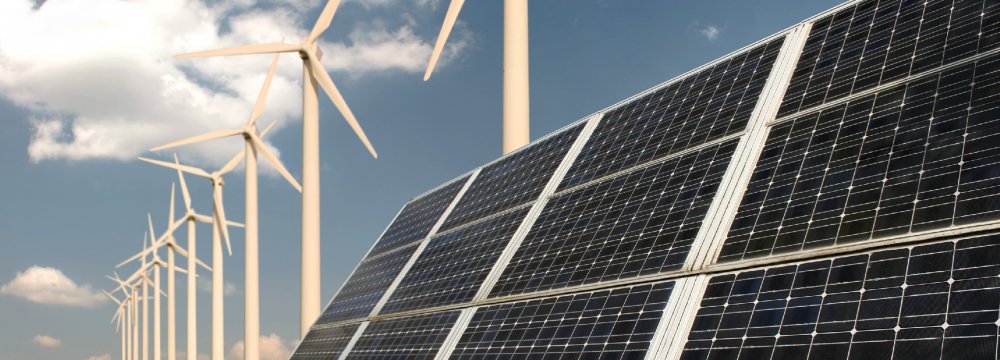
"Plans call for expanding installed renewables capacity to 5 GW by the end of the Sixth Five-Year Economic Development Plan (2017-22), which explains why concerted efforts are being made to accomplish the lofty goal," Alireza Daemi was also quoted as saying by ILNA.
Pointing to a newly signed deal between Tehran and another Norwegian firm to build a solar power plant, Daemi said Iran has recently adopted new policies not only to develop renewables but also to attract the much-needed foreign investments that can facilitate the ventures.
Norway’s Saga Energy signed a $2.94 billion deal in Tehran last week to build 2 gigawatts of solar power generation capacity.
"The new solar capacity will be installed in three development phases in six regions, including the torrid central and eastern provinces of Khorasan Razavi, Kerman and Yazd," he said,
The official added that negotiations are in place over 180 megawatts of new solar capacity with another Norwegian firm.
According to Daemi, contracts to generated 2,000 MW of renewable energy have been concluded with private sector companies since March 2017.
Expressing hope that ongoing negotiations with Norsk Vind Energi will yield positive results, the official noted that foreign enterprises must have an Iranian partner to be officially allowed to embark on the development venture.
Moreover, a part of equipment must be manufactured with the help of domestic producers to lower prices.
"The United Nations has plans to support countries with their renewable projects to fight the menace of air pollution through the development of renewable energy supplies, reduction of greenhouse gases and cutting emissions," he said, adding that in line with the UN policy, Iran can take advantage of Norwegian cutting-edge technology in this regard.
Norsk Vind Energi AS was founded in 1996 and since then worked continuously to develop projects for wind power production in Norway and abroad.
Pointing to the country's installed electricity capacity that amounts to 77 GW, Daemi said, "The lion's share of power is produced with the help of fossil fuel-based power plants, yet the share of renewables in Iran’s energy mix is as low as 360 MW, although it has huge potentials to harness renewable energies, including geothermal, solar and wind power."
Energy officials, including Mohammad Sadeqzadeh, the head of Renewable Energy and Energy Efficiency Organization—a state-owned entity also known as Satba, believe that the target to boost the country's renewable capacity to 5 GW in the period is feasible, as foreign investors have submitted investment proposals worth $3.6 billion to develop renewable projects.
Oil- and gas-rich Iran has also pledged to slow climate change by promoting cleaner energies. In December 2015, 195 nations, including Iran, signed an agreement at the Paris Climate Conference to move away from fossil fuels with the goal of limiting a rise in average global temperatures to well below 2 degrees Celsius.
Iran promised at the Paris Climate Conference to curtail greenhouse gas emissions by increasing power production from renewable sources to 7,500 MW by the end of the next decade.


Alba Discloses its Financial Results for the Second Quarter and H1 of 2025

US slaps tariffs on 1-kg, 100-oz gold bars: Financial Times

Copper price slips as unwinding of tariff trade boosts LME stockpiles

Codelco seeks restart at Chilean copper mine after collapse

NextSource soars on Mitsubishi Chemical offtake deal

Australia weighs price floor for critical minerals, boosting rare earth miners

Uzbek gold miner said to eye $20 billion value in dual listing

BHP, Vale offer $1.4 billion settlement in UK lawsuit over Brazil dam disaster, FT reports

Hudbay snags $600M investment for Arizona copper project
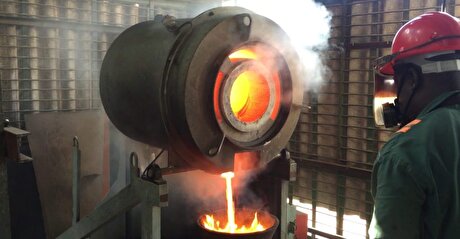
Zimbabwe labs overwhelmed as gold rally spurs exploration, miner says

Cochilco maintains copper price forecast for 2025 and 2026
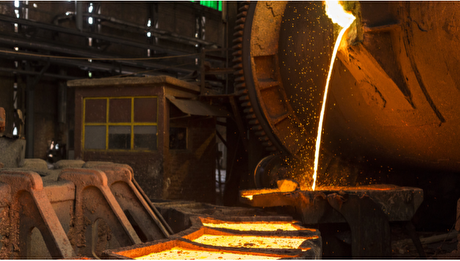
Adani’s new copper smelter in India applies to become LME-listed brand

HSBC sees silver benefiting from gold strength, lifts forecast

Mosaic to sell Brazil potash mine in $27M deal amid tariff and demand pressures
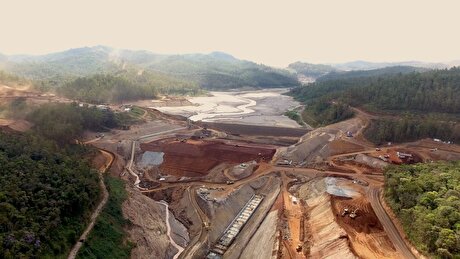
Samarco gets court approval to exit bankruptcy proceedings

Hudbay snags $600M investment for Arizona copper project

Discovery Silver hits new high on first quarterly results as producer
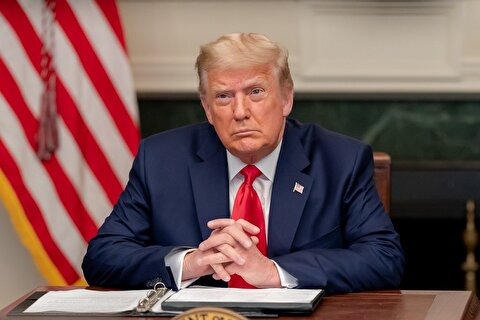
Trump says gold imports won’t be tariffed in reprieve for market

AI data centers to worsen copper shortage – BNEF

Cochilco maintains copper price forecast for 2025 and 2026

Adani’s new copper smelter in India applies to become LME-listed brand

HSBC sees silver benefiting from gold strength, lifts forecast

Mosaic to sell Brazil potash mine in $27M deal amid tariff and demand pressures

Samarco gets court approval to exit bankruptcy proceedings

Hudbay snags $600M investment for Arizona copper project

Discovery Silver hits new high on first quarterly results as producer

Trump says gold imports won’t be tariffed in reprieve for market

AI data centers to worsen copper shortage – BNEF














